Book Reviews (June 2025)
Reading Irish Women: thoughts on Our Song, The Wildelings, Let Me Go Mad In My Own Way, Missing Persons, & City Girls Forever.
What I’ve been reading…
*
Anna Carey - Our Song
This is the hopeful-but-not-cheesy summer read you need, people. A bookish pal messaged me while reading an early copy saying, it has pining in the Gaeltacht! You will love it! And yes, that is correct and I felt seen. But also: it depicts the joy of creative/artistic expression so well, while acknowledging its challenges. MY HEART.
I was primed to like this anyway; I’ve really enjoyed and admired Carey’s work for younger readers, both contemporary and historical, and she’s previously written very well about the magic of making music in a band. I am in no way musical, but the joy/wonder/flow she captures here can apply to other kinds of creative pursuits, and I absolutely loved that from early on the fantasy - while not quite paying attention to one’s college lectures - is not just ‘cute boy’ but ‘having songwriting credits’.
This dual-timeline story introduces us to Laura in her late thirties, having been dumped by her fiancé and living in her best mate’s spare room, who’s just been made redundant from her advertising job, and Laura in her early twenties, in a college band with a serious crush on her pal Tadhg (but also being in her early twenties and flirting with other people and figuring herself out and hanging around with her friends and hunting for vintage dresses in charity shops). Tadhg is now an international superstar - let’s go with ‘northsider Hozier’ as a kind of shorthand - and he’s been in touch, via his ‘people’, to see if Laura might be up for collaborating again.
This is all a bit Cinderella, and I love that that’s actually explored and interrogated within the text - that Laura is initially cynical and thinks it’s Tadhg trying to get her to sign away her rights to her own music, that even after she reconnects with her old friend, there’s still an awareness of the power imbalance and the sense of him doing her a favour (she may be down on her luck but she’s hardly destitute; she’s good enough in her ‘day job’ to be head-hunted for roles, rather than it being a sad quiet pitiful existence). There are bits that are swoonily-romantic and wish-fulfilment-esque, but they feel grounded in the real - the gorgeous specific details we get about Dublin, for example, or the realistic horror that Laura experiences when her ‘story’ becomes tabloid and internet fodder for both strangers and friends to comment on. I loved this. I nodded fervently at bits and got a bit teary at the end and was charmed to see nods to other Carey projects in here (the Sweet Valley High podcast!). It’s just gorgeous and optimistic without being too removed from reality (and depending on your sensibilities, there’s an impending shadow hanging over any book that has characters making plans for 2020); a love story that is about both people and creative passion. Read it read it read it.
*
Lisa Harding - The Wildelings
I adored the dark, beautiful wonder of Bright Burning Things, Lisa Harding's second novel, exploring an alcoholic mother's struggle to take care of her son, and then this came along - pitched as ‘dark academia’ and therefore be still my heart, even as I acknowledge the reductiveness of that (or any) label.
We don’t quite have the murderousness of many titles you might associate with this mini-genre but we do have a campus novel that explores those intense college friendships and depicts one particular sinister influence, in this instance a theatre-dude whose manipulative tendencies might be explained away with reference to his greatness, his artistic vision, etc. For narrator Jessica, an actress looking back at her early years with the help of a sympathetic therapist - sympathy Jessica is not sure she deserves - Mark still holds power over her, and is still telling his version of what happened one dark night on campus.
I loved this. Wilde College, in the early nineties, is Trinity with a few small changes (and allows for playing around with history) - Jessica and her best friend Linda step into this world and immediately make it onto the creepy lists of who’s hot, because casual misogyny is a thing, and Jessica kind of loves it, because she’s an actress, because she craves the attention, because she expects it. She’s a complex woman who does a few less-than-ideal things, even as she herself is a victim of larger forces, and I absolutely lapped it up. Would firmly recommend.
*
Clair Wills - Missing Persons, or My Grandmother's Secrets
Personal memoir blended with social history in this exploration of a family’s ‘hidden’ children - those covered up, or those sent off to institutions and never spoken about, or those sometimes spoken of but in a coded way. Wills’s position as a slight outsider - someone for whom Ireland is ‘home’ but not where she grew up, a place for summers and family but not completely immersed in the society - and her background as a literary and cultural historian makes the ideal person to delve into a family history - one fairly typical in many ways - and to start unpicking what it might mean.
This is deeply satisfying as both a work of microhistory and literary text. Read it.
*
Elaine Feeney - Let Me Go Mad In My Own Way
Feeney’s third novel introduces us to Claire O’Connor, a university lecturer who’s relocated to Galway after years in London, following her parents’ deaths (the mother goes first, the father lingers a little longer), and whose ex - working on a novel and therefore free to go wherever - follows her there. As they reconnect, beginning to talk about their break-up, prompted by Claire’s grief after losing her mother, we also get snippets of times past - the family home in the 1920s, as the war of independence raged, and her childhood in the 1990s. We know that bad things have happened, that trauma impacts subsequent generations, and that all of this is leading to a confrontation of sorts - the classic novel device of a dinner party where all the players gather around and some shit goes down. (I am a fan. The latter chapters of the book feel almost like a piece of theatre; you can see it.)
As with Feeney’s other work - both fiction and poetry - there’s an eye on the past, and how Irish institutions, traditions and culture continue to impact on people in the present, as well as a very up-to-date sense of the more globalised, interconnected world we all inhabit (so we get, for example, both small-town insularity and becoming obsessed with American influencers). I was less convinced of the handling of the multiple timelines - I wanted either more or less of the 1920s, and possibly more about this family and place in the middle of the 20th century. (I feel like the resonances work on a theoretical, conceptual level but were not quite as satisfying as I’d hoped on a storytelling level. Your mileage, as ever, may vary, and I still think it’s a solid read and one which will be extremely well-received.)
*
Patricia Scanlan - City Girls Forever
Strap in, some complicated feelings here.
My first encounter with Patricia Scanlan was Promises, Promises - it came out in hardback in the late 90s and I was perhaps too young to be reading it but shhh. The "love rat" Chris seduces poor Ellen in the 1960s, while her sisters-in-law deal with bitchiness and pass-agg-ness… oh, it was wonderful.
(A sequel, Mirror Mirror, followed the next year. Suzy and Alexandra got to have their say too!)
I gobbled up these books, because it was women in Dublin and who knew we were allowed be glamorous and interesting and worthy of stories of our own? I didn't. It was still that early era of Irish "chick lit", but I quickly found the relevant voices - Sheila O'Flanagan, with one eye on romance and another on careers. Cathy Kelly, depicting love stories but also tight female friendships. Marian Keyes, weaving the blackest and bleakest of comedy in, suggesting (something which still feels radical) that one could be mentally ill at the end of a novel and still be worthy of love.
Who knew Irish women were doing this? Not being taken seriously by the critics, of course, but still.
Patricia Scanlan, you guys. I still think PP/MM are among my faves, though I have a lot of love for Finishing Touches and Foreign Affairs (the former is one that feels particularly pertinent to the new book, with its depiction of caring for an elderly parent and the expectations placed upon daughters). I am less smitten with the City Girls books, which means "only a couple of rereads" - the bar is set high.
The City Girls universe is among the more glam of Scanlan's worlds; the three women are all high-profile ladies rather than just having cool/aspirational jobs. This is part of the appeal - you can have amazing careers even in Dublin! - and also part of the itchiness, reading it now. The "girlboss" dream we were supposed to want has been tainted.
And. Let's be clear. Scanlan has always been a little bit tricksy about how she's given us the glamorous bits. She is and always has been a political writer. The City Girls books are a fascinating mix of what the genre demanded at the time and what concerns the author had - so you get, for example, the expected weight-loss narrative alongside an exploration of grief. You get rags-to-riches at a dark personal cost. You get stuff like what does it mean to be a feminist in an Arab country, in a 90s paperback novel with pink on the cover designed to lure people into thinking it's harmless. You get domestic abuse in the context of a closeted gay relationship - soapy, yes, but also groundbreaking at the time.
These books have never been "just" entertainment or "fluff" or any other dismissive label. They've always been serious - yes aspirational but…
It's so easy to roll your eyes about books like these. To suggest they're "simply" one thing or another. I think to do so is a disservice.
But… I did at times feel uneasy with the book, which feels extremely aligned to what some might dismissively refer to as "woke" values, in its re-interrogation of the horrors one of the characters has been through, read through a more informed, post-MeToo lens. Those bits - loved 'em. Spot on. A really sharp look at the shit that has been silenced for too long, and it feels very much in line with what Scanlan's been doing her whole career, putting a spotlight on women's experiences even - especially - if they're not supposed to talk about them.
But then there are small moments, just a handful of them. It's hard, did you know, for landlords? Tenants have too many rights these days? Jesus Christ, I can't even. And it undermines every other point made about inclusivity and tolerance and everything else. You do not get to lecture anyone if you are also defending landlords in a housing crisis - I mean, of course you do, you can do what you like, but it undercuts everything else, it destabilises it.
I think the itchiness for me is that Scanlan does so much to be a writer who is pretty darn socialist and then steps back at key moments. And perhaps (likely) this is unfair, in that way we so often expect too much from women - hey, it's not enough that you created an incredible work of art! Explain to us how it is your divorce! Your heart on a platter, please! - but I couldn’t get over it. It’s too girlboss, it’s too pull-yourself-up-by-your-bootstraps sure-didn’t-we-all-have-to-suffer, it felt at odds with so much else in the book. And I know we all have our blind spots, and our sore spots, and this was a particular collision of the two, I think. And I’m still thinking about it, weeks - months - on.
Elsewhere:
reviewed for the Irish Times in June: Skipshock by Caroline O’Donoghue; Best of All Worlds by Kenneth Oppel; The Brightest Star by Meg Grehan; The Last Wish List by Jacqueline Silvester; Exit Stage Death by Ava Eldred.
my short story collection, In The Movie Of Her Life, is out in the world now. Nice things people have said about it can be found here, and you can listen to me talk about it (and books I have loved) on the Burning Books podcast here.



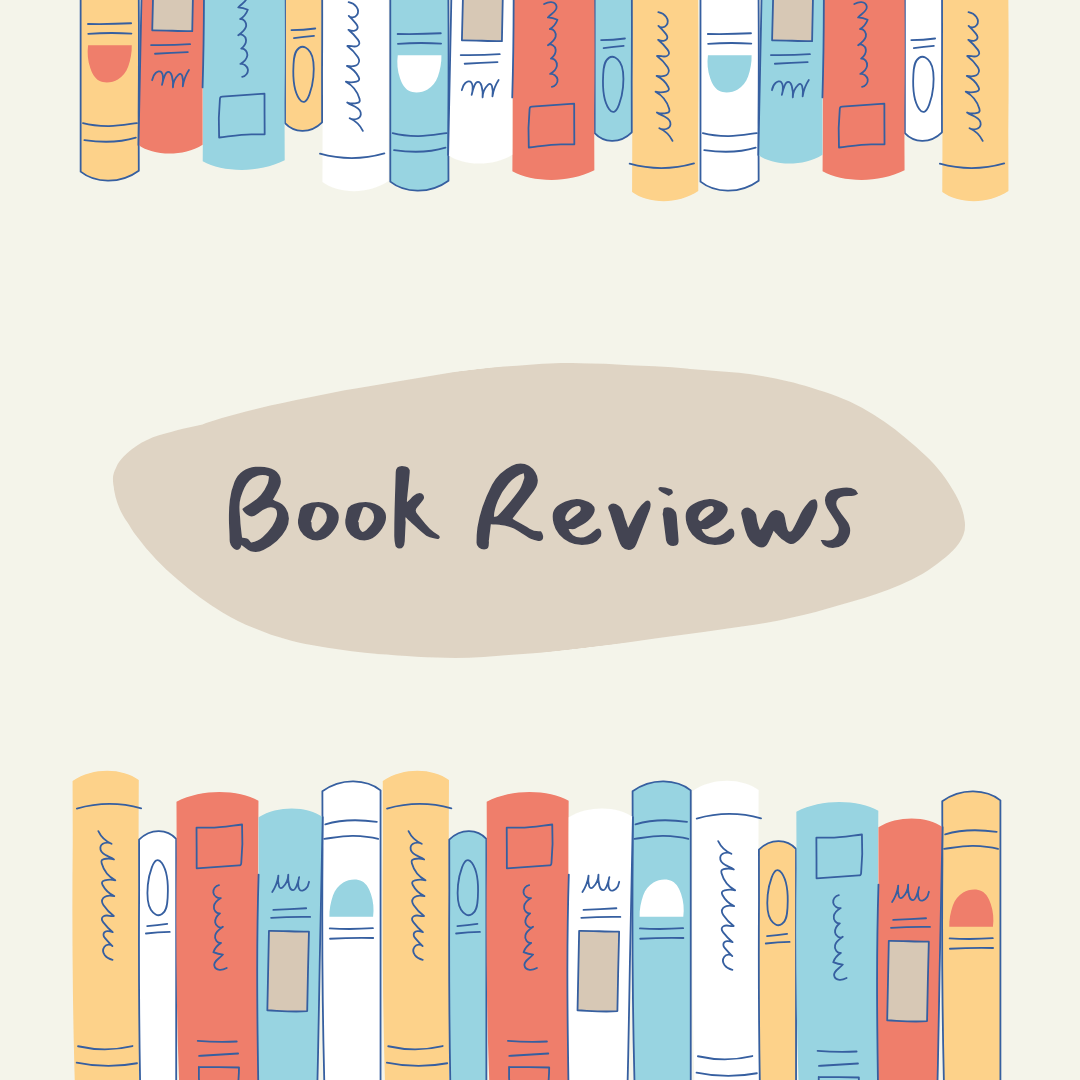
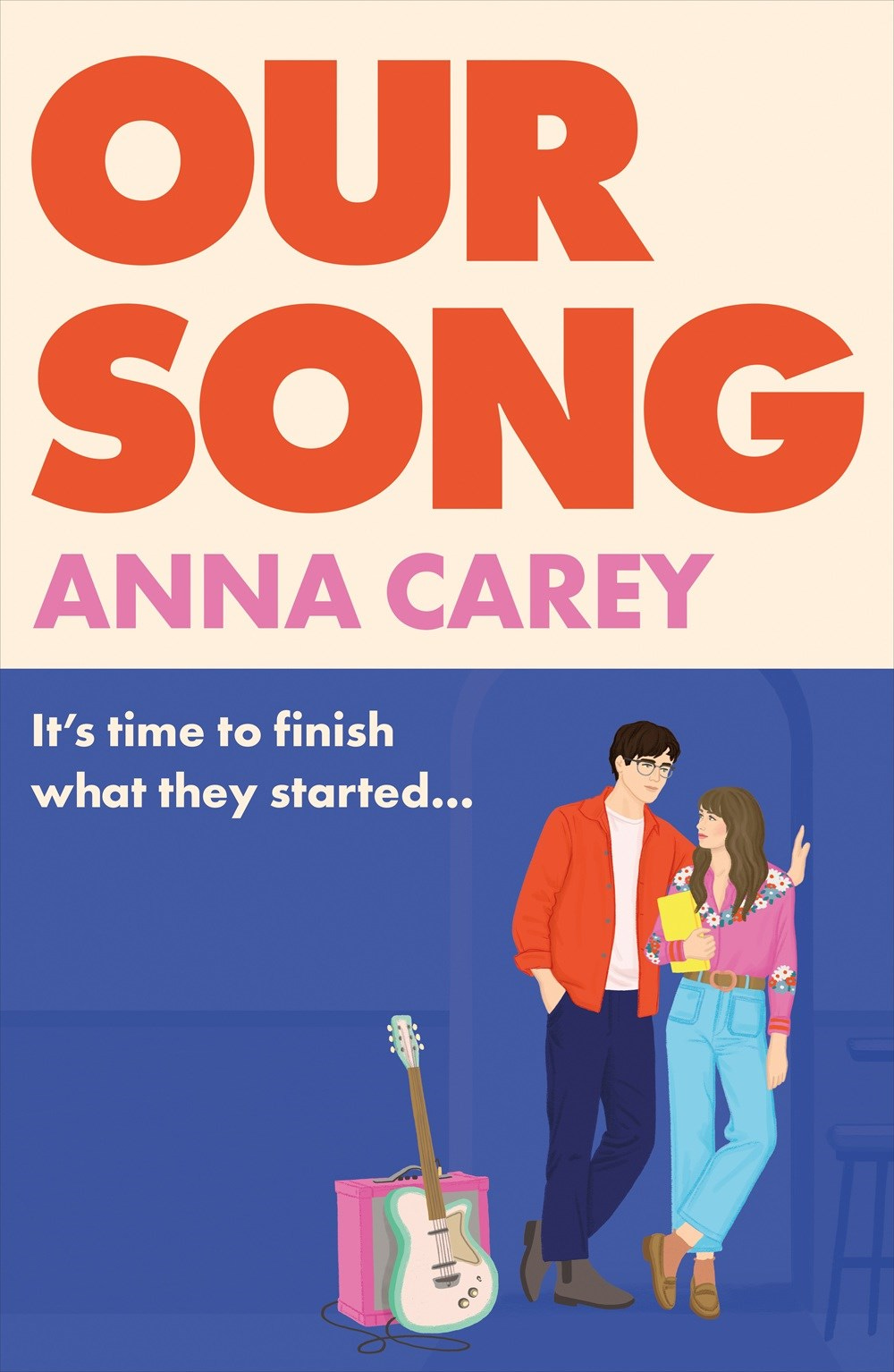
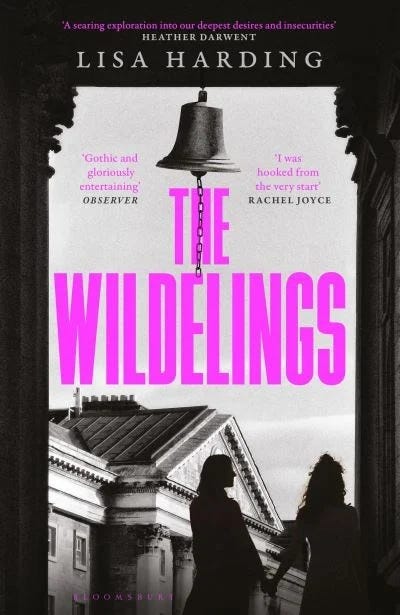
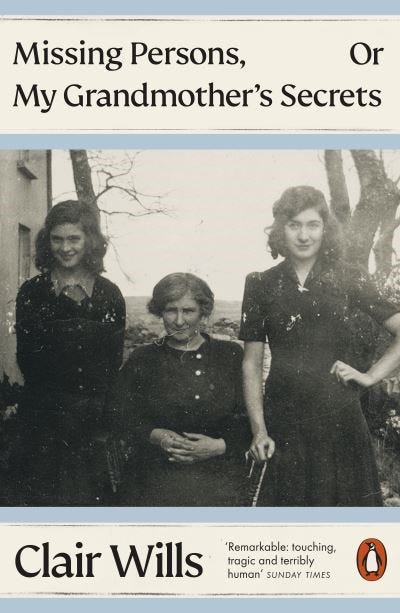
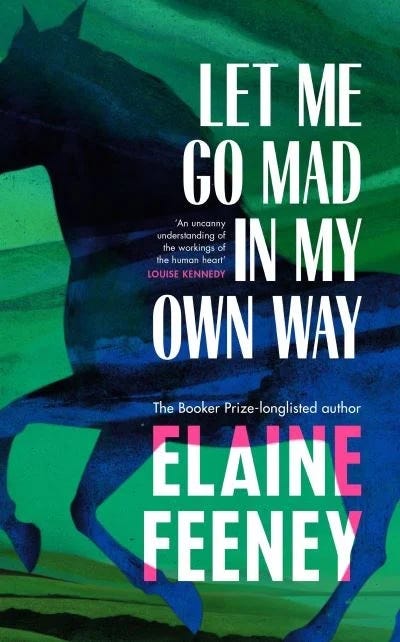
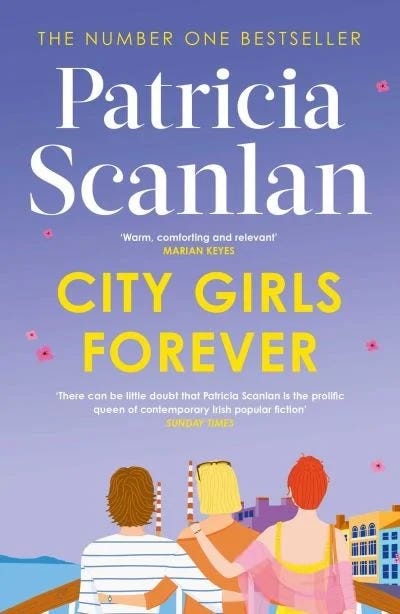
Thanks so much for such a gorgeous thoughtful review! So glad you liked it. 🥹